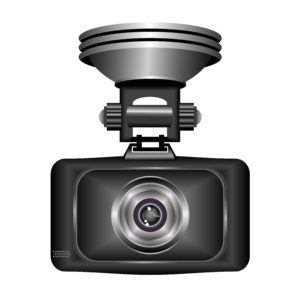Event Data Recorders (EDR) are devices installed in motor vehicles that capture the functioning of the vehicle and action of the occupants in the moments just before, during, and after a crash if the crash is severe enough to release the airbags, or there is an excessive rate of deceleration.
According to the Automobile Association of America (AAA), 95 percent of cars currently on the road have an EDR installed. At Springer & Lyle, we can use the EDR information to help prove fault in a personal injury case.
Information Captured by the EDR
Although the data captured by the EDR is somewhat limited, it can be very helpful in accident reconstruction when there are questions about how the accident happened, who was at fault, and was the car functioning properly.
Some information that can be gleaned from the EDR includes.
- Whether the driver was wearing a seatbelt.
- The speed of the vehicle.
- Acceleration and braking of the vehicle.
- If the tire pressure was correct.
- The angle of the steering wheel at the time of the impact.
How the Data from the EDR Can Be Used in a Personal Injury Case
Sometimes drivers cannot clearly remember the events surrounding a crash, so the data from the EDR provides investigators with the information they need in determining who was responsible for the accident.
In Texas, vehicle manufacturers must include a notice in the owner’s manual or in a lease agreement that the vehicle is equipped with an EDR. Texas law also says the information stored on the EDR belongs to the owner and cannot be downloaded by anyone else unless:
- The owner consents.
- A court orders the information to be released.
- It is necessary for mechanics to access the data when servicing the vehicle.
- In response to vehicle safety research.
In Texas, proving who was at fault for a vehicle accident is always part of a personal injury case. If you were partially at fault, your damages are reduced by the percentage of fault the court attributes to you. Using the data from both your vehicle and the vehicle of the driver you believe was at fault can be an important step in possibly proving the other driver was speeding or did not brake properly.
Contact Springer & Lyle for Assistance
The personal injury attorneys at Springer & Lyle can help you get the reasonable compensation you are entitled for your injuries, lost wages, medical expenses, pain and suffering, and other physical damage. Contact us at 940-387-0404 for a free consultation.


Leave a Reply
You must be logged in to post a comment.